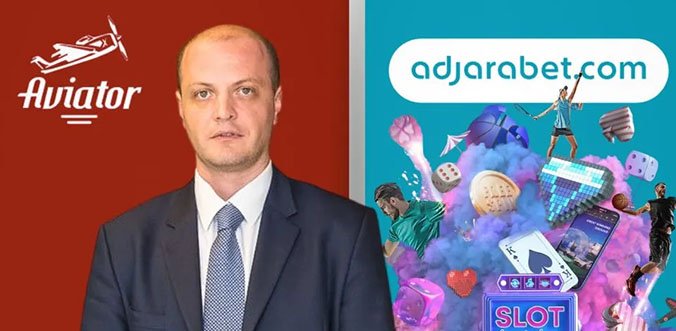Aviator LLC legal battle began when it noticed that Spribe OÜ, a game developer, regulated in Great Britain, was using the “Aviator” name and logo for its crash game on Adjarabet, one of Georgia’s largest online gambling platforms. Aviator LLC, which had established rights to the “Aviator” brand through earlier trademark registrations, claimed that Spribe’s actions were not only in bad faith but also constituted a direct infringement on its IP.
The concept of “bad faith” in trademark law is critical here. It refers to the intentional registration of a trademark with the knowledge that a similar or identical trademark is already in use by another entity. This is often done to profit from the established reputation of the original brand, a tactic that courts view unfavourably. In this case, Aviator LLC argued successfully that Spribe OÜ’s registration of the “Aviator” trademark was a strategic move to benefit from the brand equity already built by Aviator LLC.
“We are pleased with the outcome of the court’s ruling on this claim, and we will continue to aggressively protect our client’s intellectual property from unlicensed use on any international gaming platforms”
Nikoloz Gogilidze, Managing Partner – Mikadze Gegetchkori Taktakishvili LLC
The Court of First Instant’s ruling to invalidate Spribe’s trademarks and award $330 million in damages to Aviator LLC is significant. It reflects the court’s acknowledgment of the substantial harm that IP infringement can cause, particularly in an industry where brand identity is tightly linked to consumer trust and loyalty.
Intellectual property challenges in the gaming sector
The online gaming industry has seen exponential growth over the past decade, driven by advances in technology, the rise of mobile gaming, and an increasingly global audience. According to market research, the global online gaming market is projected to reach a value of over $130 billion by 2027 according to Games Latam Magazine.
This expansion has made the protection of IP—trademarks, copyrights, and patents—an essential element of business strategy for gaming companies.
In this highly competitive environment, the stakes are immense, making it essential for each company to establish a robust risk framework to mitigate potential damages effectively. Brands invest heavily in creating unique gaming experiences, from distinctive game mechanics to iconic logos and characters. The use of trademarks and copyrights helps these companies protect their creative assets from unauthorized use, which can dilute their brand and erode market share. However, the speed at which digital products are developed and distributed has led to numerous legal disputes, as seen in the case of Aviator LLC.
Implications for online gaming
This ruling sends a clear message across the online gaming sector: the protection of intellectual property is not merely a legal formality but a critical business necessity. Companies that fail to conduct thorough due diligence before launching new games or services risk facing severe legal and financial repercussions.
For the gaming industry, which thrives on innovation and brand differentiation, the Aviator LLC case highlights the importance of respecting IP rights. It also serves as a cautionary tale for companies operating in jurisdictions with emerging digital markets, where the enforcement of IP laws is becoming increasingly stringent.
This case may prompt gaming companies to reassess their IP strategies. This could include more robust trademark searches prior to product launches, increased monitoring of global markets for potential infringements, and a willingness to pursue legal action when violations occur. The precedent set by this case could also lead to greater emphasis on securing international trademark protections early in the product development cycle.
Landmark case in IP enforcement
The Aviator LLC case is part of a broader trend of increasing IP enforcement in digital markets. As online platforms become more global, the potential for cross-border IP disputes has grown. This has led to a surge in litigation as companies seek to protect their brands and content in multiple jurisdictions simultaneously.
Legal experts suggest that this trend will continue, particularly as digital goods and services become more integral to the global economy. The challenge for courts and lawmakers will be to balance the protection of IP rights with the need to foster innovation and competition. Cases like Aviator LLC’s victory are likely to influence future legal standards, potentially leading to stricter regulations and more robust IP enforcement mechanisms.
The $330 million award to Aviator LLC is more than just a financial settlement; it is a reaffirmation of the value of intellectual property today. This case not only validates Aviator LLC’s rights but also sets a strong precedent for how similar disputes may be handled in the future. This case establishes a significant precedent and is likely to serve as a key case study in the field.
